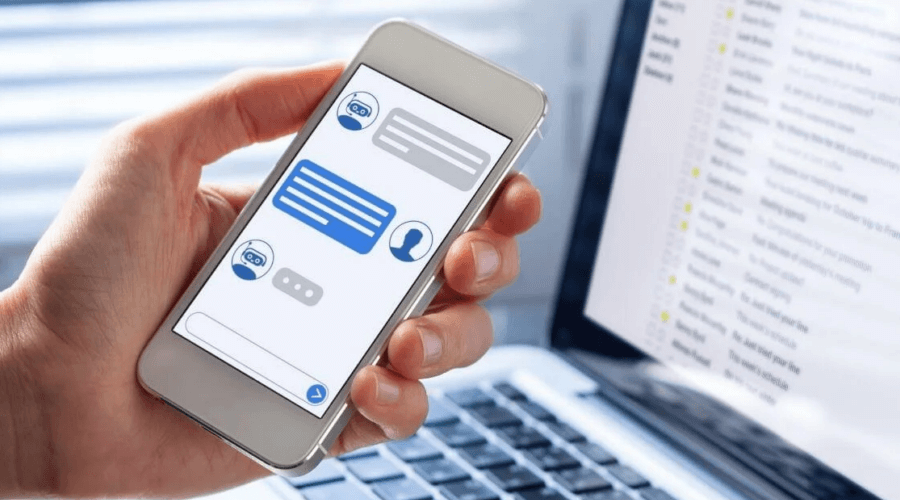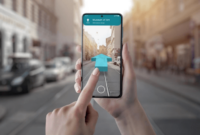The Rise of AI-Powered Personal Assistants
Artificial Intelligence (AI) is rapidly reshaping the way we interact with technology, and AI-powered personal assistants are at the forefront of this revolution. With advancements in natural language processing, machine learning, and automation, digital assistants like Siri, Alexa, and Google Assistant are becoming more sophisticated. But the big question remains: Will AI-powered personal assistants replace humans by 2025?
How AI Assistants Are Evolving
AI assistants have come a long way since their early days of simple voice commands and reminders. The latest advancements in machine learning and deep learning allow them to:
- Understand complex voice commands with contextual awareness
- Automate repetitive tasks like scheduling, data entry, and email responses
- Integrate with smart home devices, financial apps, and enterprise software
- Offer real-time translations, making global communication seamless
Companies like OpenAI, Google, and Amazon are continuously refining their AI models, making these assistants more intuitive, accurate, and human-like in their interactions.
Key Industries Benefiting from AI Assistants
The impact of AI-powered personal assistants is being felt across multiple industries, including:
- Business & Productivity: AI tools help automate administrative tasks, schedule meetings, and manage customer support.
- Healthcare: AI assistants help doctors by transcribing medical notes and managing patient records.
- Finance: AI chatbots provide instant financial advice, track expenses, and automate investments.
- Education: AI-driven tutors assist students with personalized learning experiences.
- Retail & E-commerce: Virtual shopping assistants help customers find products and make recommendations based on preferences.
The Pros and Cons of AI Assistants Replacing Humans
Pros:
- Efficiency: AI assistants can handle multiple tasks simultaneously without fatigue.
- Cost Savings: Businesses can reduce overhead costs by using AI-driven automation instead of hiring human assistants.
- 24/7 Availability: Unlike humans, AI-powered assistants work around the clock.
- Scalability: AI allows businesses to manage large-scale operations without hiring additional personnel.
Cons:
- Lack of Emotional Intelligence: AI struggles with human empathy, making customer service interactions less personal.
- Job Displacement: As AI takes over administrative roles, job losses in certain industries may increase.
- Security & Privacy Risks: AI assistants collect vast amounts of personal data, raising concerns about cybersecurity and privacy breaches.
- Dependence on Technology: Overreliance on AI could lead to reduced human decision-making skills.
Will AI Assistants Completely Replace Humans?
Despite the rapid advancements in AI, full replacement of human personal assistants is unlikely by 2025. While AI-powered assistants are excellent at handling repetitive and data-driven tasks, human intuition, creativity, and emotional intelligence remain irreplaceable in many scenarios.
Instead of complete replacement, we are more likely to see AI complementing human assistants, improving efficiency while allowing humans to focus on higher-value tasks. AI assistants will continue to evolve, making businesses and daily life more convenient but not fully eliminating human interaction.
How Businesses and Individuals Can Prepare for AI Integration
To stay ahead in an AI-driven world, businesses and professionals should:
- Embrace AI as a tool, not a threat: Use AI assistants to enhance productivity rather than replace employees.
- Upskill Workforce: Encourage employees to learn AI-related skills like machine learning, automation, and data analytics.
- Implement AI Ethically: Ensure AI adoption respects privacy and ethical considerations.
- Optimize AI-Human Collaboration: Focus on hybrid models where AI handles routine tasks while humans oversee complex decision-making.
Final Thoughts
AI-powered personal assistants are undeniably transforming the way we work and live. While they bring efficiency, convenience, and automation, they are unlikely to replace humans entirely—at least not by 2025. Instead, businesses and individuals should focus on leveraging AI to enhance productivity while maintaining the human touch that technology cannot replicate.
As AI continues to advance, one thing is certain: the future of AI-driven personal assistance is here, and those who embrace it will have a competitive edge in an increasingly digital world.




